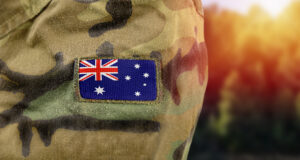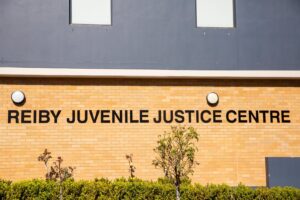The treatment of women in the ADF has been a national disgrace. Kelso Lawyers has represented many brave servicewomen who experienced serious sexual abuse while serving our country.
Many of their stories are harrowingly similar; they recount male soldiers, often their superiors, coming into their living quarters at night and committing shocking acts of sexual violence against them. This was particularly prevalent in the 1980s and 1990s, a time at which the number of women in the ADF increased exponentially.
Many were too afraid to report what happened, and those who did were usually subjected to ongoing campaigns of bullying and harassment. In some cases, the women themselves were even charged after making reports. The ADF’s handling of these complaints was nothing short of disgraceful.
In recent times, many women who were abused in Defence facilities around Australia in the 80s, 90s and early 2000s have contacted Kelso lawyers for help. We have been honoured to help these women achieve some measure of justice; in the form of substantial financial compensation and an apology from senior Defence officials.
Did you experience abuse in the ADF? Click here to share your story with us. You may be eligible for compensation.
These brave servicewomen have told us horrific stories about their experiences in the ADF. We have heard:
- Multiple accounts of male Defence members breaking into female rooms at night and committing forcible sexual assaults. In many cases, the female rooms could only be locked from the outside, preventing victims from protecting themselves. In some cases, victims awoke to find themselves being sexually assaulted.
- Some women were summoned to the rooms of superior officers. Due to the strict chain of command, they had no choice but to obey. Once inside, they were subjected to violent sexual assaults & abuse.
- Further accounts of women being attacked at other locations on base. Locations such as the base swimming pool, communal showers, the first aid/hospital area and on the way home from the base pub.
- Some women reported their abuse to the chain of command and were not believed. These reports were often leaked back to the victim’s unit, where they were aggressively bullied for complaining about their fellow soldiers. They were also mocked and labelled as ‘sluts’.
- In several cases, charges were laid; however, the offenders managed to escape conviction. The ADF pressured the victims to proceed through military courts, and the matters were delayed for long periods until the victim gave up.
- In multiple cases, victims were threatened and bullied throughout the court process. Fellow Defence members would aggressively push them to change their evidence and/or to drop the charges. Many cases were dropped by victims who feared for their own safety.
- More than one victim has told us that when they reported the abuse, they were charged with ‘fraternisation’ while the offender went unpunished. In one case, the offender was even placed in charge of supervising his victim’s punishment.
- Almost every servicewoman who reported abuse was ‘blacklisted’. They missed out on promotion and advancement and were shunned by the hierarchy and their colleagues.
These offences have occurred in Defence facilities all over Australia. In the Army, Navy and Air Force. Some of the specific locations our clients have been abused include:
- Latchford Barracks, Bonegilla;
- Royal Military College, Duntroon;
- RAEME Training Centre, Bandiana;
- Puckapunyal Army Base;
- Lavarack Barracks, Townsville;
- Lone Pine Barracks/Singleton Military Area;
- Robertson Barracks, Northern Territory;
- RAAF Base Edinburgh;
- HMAS Cerberus;
- HMAS Albatross;
- HMAS Sydney.
If you were abused in the ADF, we want to hear from you. We will fight for you. Click here to share your story, or call us on (02) 4907 4200.
Image: ABC





